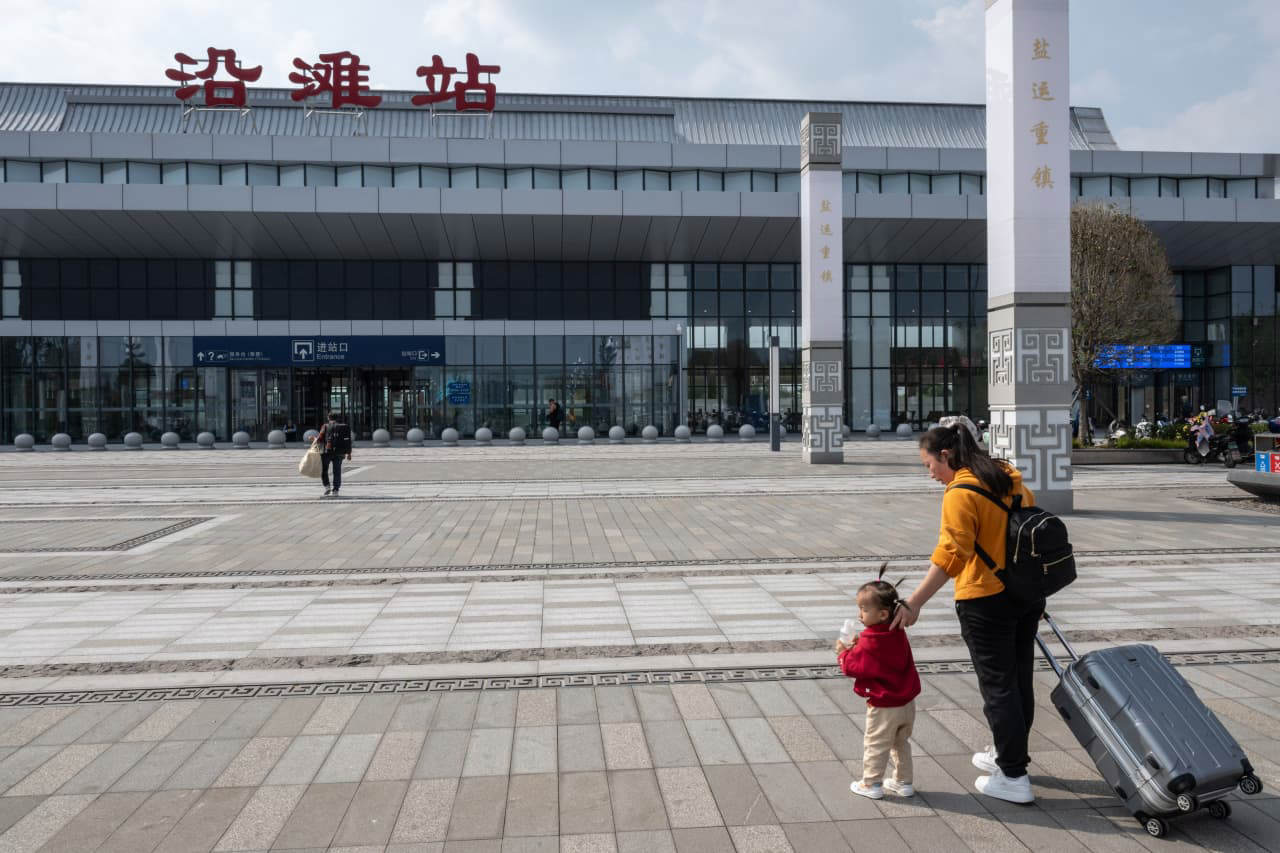Is our planet’s burgeoning population a harbinger of doom? This query, both playful and profoundly serious, beckons us to explore the ramifications of exponential demographic growth through the lens of Bahá’í teachings. The Bahá’í Faith, a global religion that emerged in the 19th century, emphasizes the importance of unity, social justice, and the advancement of civilization. One of the central tenets of this belief system is the advocacy for a harmonious balance between the needs of humanity and the resources of the Earth. In addressing the potential crisis posed by population growth, let us navigate through the core principles that could illuminate pathways toward sustainable coexistence.
To begin, an understanding of population dynamics is crucial. As the global population accelerates towards an estimated 10 billion by 2050, the surge brings with it multifaceted challenges. The dearth of resources—land, water, and food—heightens the specter of social unrest, environmental degradation, and public health crises. Yet, within the Bahá’í framework, there remains an intrinsic faith in human capability and the intellect’s potential to innovate. The teachings strongly suggest that harnessing collective action can mitigate the threats posed by overpopulation.
Central to Bahá’í philosophy is the acknowledgement of humanity’s interconnectedness. ‘Abdu’l-Bahá, the son of the Faith’s founder, notably expressed that humanity is like a single body; when one part suffers, the entire organism is affected. This metaphor underscores the essential understanding that the challenges arising from population growth are not isolated but interconnected social phenomena. Therefore, solutions must be comprehensive, rather than superficial. This holistic vision calls for policies rooted in social equity and sustainability, creating systems that support both population growth and ecological preservation.
Consider the significance of education as a tool to navigate potential pitfalls associated with population surges. The Bahá’í teachings advocate for universal education, positing it as a fundamental right that leads to enlightenment and empowerment. By focusing on education—particularly for women and marginalized groups—we can cultivate a more informed populace capable of making responsible decisions regarding family planning and resource utilization. Moreover, education carves pathways through which individuals can elevate their socio-economic status, effectively reducing poverty levels, which are often correlated with higher birth rates.
In tandem with educational initiatives, the Bahá’í community emphasizes the necessity of science and technology as agents of transformation. The application of innovative agricultural practices, renewable energy solutions, and sustainable urban planning can significantly bolster our capacity to support burgeoning populations. Advances in biotechnology, for instance, may enhance food production without the excessive consumption of land and water, allowing us to accommodate larger communities while still being stewards of the Earth.
However, addressing the demographic dilemma also requires an inquiry into the very fabric of social norms and values. The Bahá’í teachings advocate for the transformation of societal attitudes towards consumption and waste. In a world where materialism often overshadows altruism, promoting a culture of moderation and sustainability could reshape our approach to living. The principle of “sacrifice for the greater good” illustrates that individual desires ought to be tempered in favor of communal welfare. Therefore, fostering a collective consciousness that values sustainability internally aligns with external population pressures.
Further, the Bahá’í approach calls for the restructuring of economic systems. The current paradigm often promotes exploitation not only of resources but of vulnerable populations, exacerbating disparities. Engendering economic models that prioritize equitable distribution and social welfare will be paramount in steering nations towards sustainability. The concept of “consultation,” a critical practice in Bahá’í communities, can also be employed at various levels—local, national, and global—to foster dialogues that prioritize responsible governance and resource management.
Still, one might ponder: what of the spiritual dimension? The Bahá’í Faith posits that spirituality and material reality are not mutually exclusive. The inherent connection between the two necessitates that as we navigate physical challenges, we must also nurture our spiritual inclinations. Fostering compassion, kindness, and a sense of responsibility towards others yields a society inclined towards collaboration and harmony. When faced with the adversities of a rising global populace, drawing upon spiritual resources such as love and unity becomes indispensable.
In conclusion, the query regarding whether our planet’s population spells inevitable doom is a multifaceted issue that intertwines demographic realities with Bahá’í principles. Rather than resigning ourselves to despair, these teachings illuminate pathways for constructive dialogue, innovative solutions, and transformative practices. By embracing education, technology, equity, and spirituality, we may transform a potential crisis into an opportunity for growth and advancement. Ultimately, the essence of Bahá’í wisdom reminds us that our fate rests not only in the hands of fate but also in our collective will to pursue harmony within diversity and balance within abundance.
